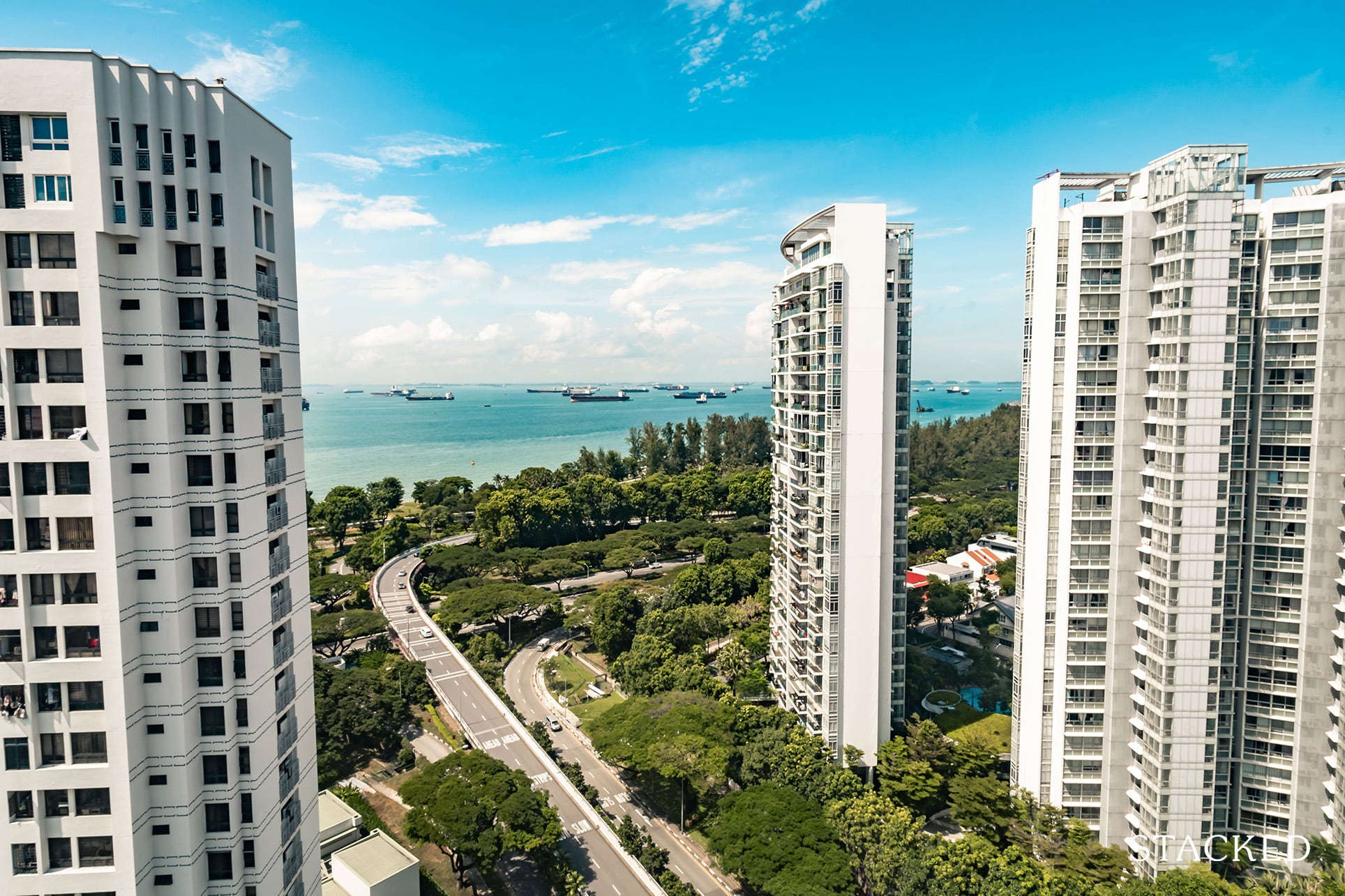As one of Asia’s most stable and attractive real estate markets, Singapore continues to capture the attention of investors, homeowners, and developers alike. With global economic uncertainties, rising interest rates, and evolving buyer preferences, 2025 is shaping up to be a pivotal year for the property sector.
Skye at Holland highlights how premium developments remain resilient in this dynamic environment, demonstrating the broader trends shaping the Singapore market. Let’s explore the key factors likely to influence property values and demand in 2025.
Trend 1: Continued Demand for Prime Districts

Despite cooling measures and rising borrowing costs, demand for properties in prime locations remains strong. Districts such as Orchard, Marina Bay, and Holland Village continue to attract both local buyers upgrading their lifestyles and foreign investors seeking safe-haven assets.
Limited land supply in these central areas ensures that property values remain resilient. Projects like Skye at Holland benefit from this scarcity, offering not just luxury living but also long-term investment potential. The appeal of lifestyle hubs with easy access to dining, retail, and transport infrastructure will likely keep these districts in high demand throughout 2025.
Trend 2: Growing Interest in Sustainable and Smart Living

Sustainability has shifted from being a niche preference to a mainstream expectation. Buyers are increasingly prioritizing condos that incorporate eco-friendly features such as energy-efficient systems, green building certifications, and smart home technology.
The government’s push toward green urban development reinforces this trend, making sustainability a key value driver in new launches. In 2025, buyers are expected to place greater emphasis on properties that combine modern design with eco-conscious solutions. This will benefit forward-looking developments that invest in technology and sustainability initiatives.
Trend 3: Shifts in Rental Demand and Yields

The rental market in Singapore has seen strong growth over the past few years, driven by returning expatriates, foreign professionals, and a limited housing supply. While rental prices may moderate in 2025, demand for centrally located condos will remain robust.
Areas near MRT lines, business hubs, and international schools are expected to perform well. Investors targeting steady yields will continue to favor properties that combine accessibility, lifestyle appeal, and high-quality finishes. Rental demand will also be supported by multinational companies expanding their presence in Singapore, reinforcing the country’s role as a regional hub.
Trend 4: Impact of Interest Rates and Cooling Measures
Interest rates are expected to remain a critical factor influencing buying decisions in 2025. Higher borrowing costs may slow demand among price-sensitive buyers, but serious investors and affluent homeowners are unlikely to be deterred.
Cooling measures, such as stamp duties and loan-to-value limits, will remain in place to ensure market stability. While these policies may temper speculative activity, they ultimately strengthen the market by preventing volatility. For discerning buyers, this creates confidence that Singapore real estate remains a safe, long-term investment.
Conclusion
The outlook for Singapore’s property market in 2025 is defined by resilience, sustainability, and selectivity. While broader economic conditions may shape buyer behavior, demand for prime districts, eco-conscious living, and well-connected properties will remain strong. Skye at Holland exemplifies how developments that combine location, lifestyle, and long-term value will continue to attract attention in this evolving landscape. For investors and homeowners, understanding these trends is essential to making informed decisions in the year ahead.




